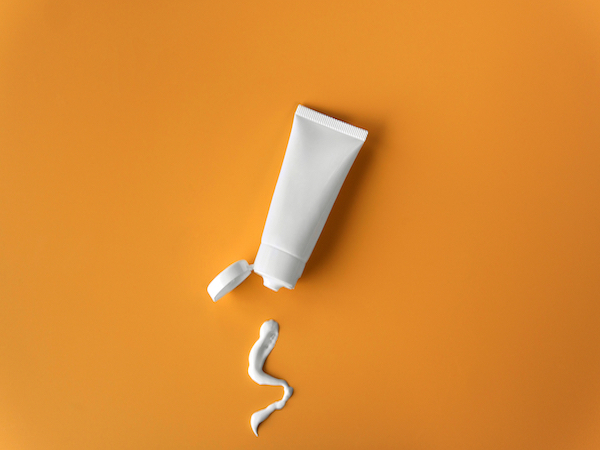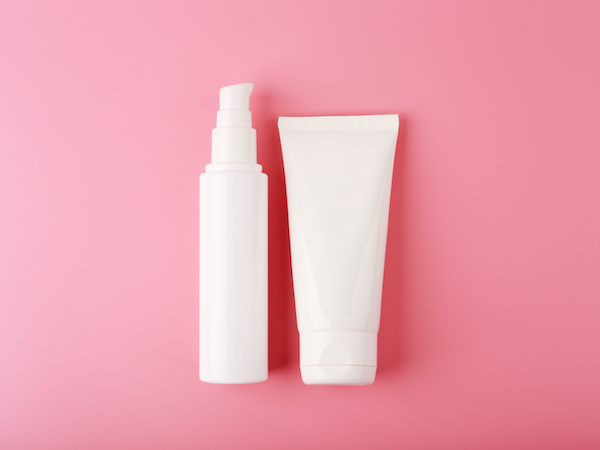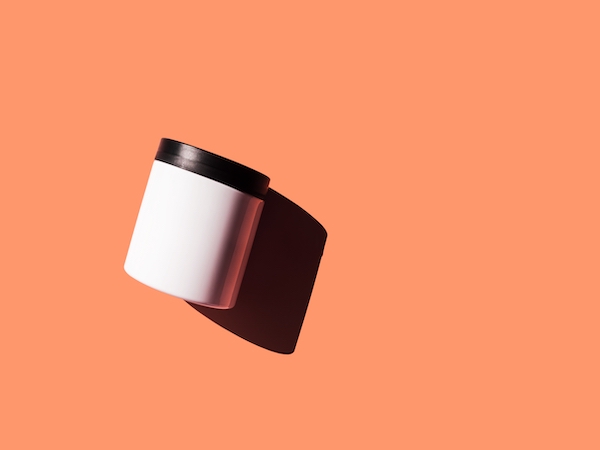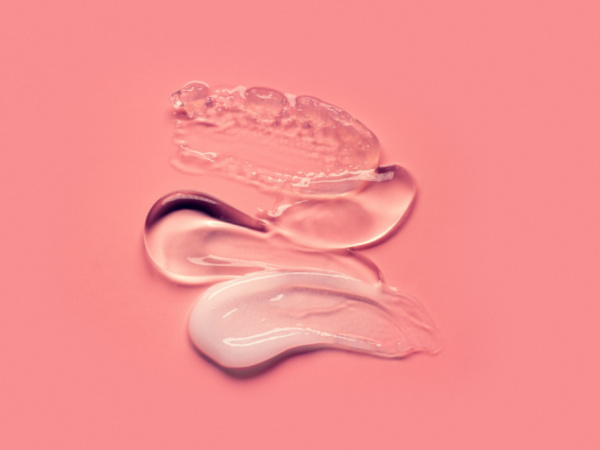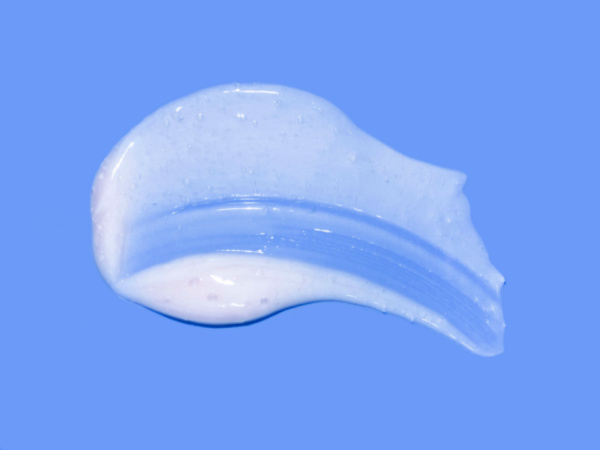Exposure to ultraviolet (UV) light from the sun is responsible for 90 percent of the visible signs of aging and is one of the most preventable risk factors for skin cancer [1]. With such a profound impact on the look and function of skin, decreasing UV light exposure with preventative practices, like wearing sunscreen, is the key to helping skin stay healthy. To make sure you are armed with the best information about the science of sunscreen our partners at Consonant Skin+Care have compiled out top tips and tricks so you can make the most of your SPF.
Types of sunscreen
There are two main types of UV filters acceptable for use in Canada, physical/mineral and chemical. Chemical sunscreens use ingredients such as oxybenzone, avobenzone, homosalate, and octocrylene, among others [2]. Mineral sunscreens use zinc oxide and/or titanium dioxide [2].
To know if a sunscreen uses chemical or mineral filters or both, check the ingredients panel where the formula is broken out into active/medical ingredients and non-medical ingredients. If the listed medical ingredients contain zinc oxide and/or titanium dioxide only, the sunscreen filter is 100% mineral-based.
How sunscreen works
Chemical and mineral sunscreens both help protect the skin from UV light but they work through different mechanisms.
Chemical Filters – Absorb UV light and convert it into different forms of energy, including heat. This prevents some of the UV light from bumping into cells and damaging skin [3].
Mineral Filters – Reflects UV rays away from the skin, decreasing the contact UV light has with the skin [3].
Both types of sunscreen are graded with a sun protection factor (SPF) value. SPF is assigned based on how much solar energy (UV radiation) is required to produce a sunburn on skin that has sunscreen on it versus unprotected skin. The higher the SPF value the greater sun protection your skin is getting.
Since there a two main forms of UV light, UVA and UVB, different filters block different forms better than others. To ensure you are getting full protection from both UVA and UVB light, make sure your sunscreen is labelled broad spectrum.
How to use sunscreen to get the best protection
Health Canada as well as the Canadian Cancer Society recommends reapplying sunscreen every two hours [4, 5]. This is best practice due to the degradation that occurs when both chemical and mineral filters are exposed to sunlight. The UV radiation from the sun breaks down the sun protecting ingredients over time making the sunscreen less effective as the day progresses [6]. While mineral filters have been shown to better withstand photodegradation, it’s always best to err on the side of caution.
There are also ways to extend the wear time of your sunscreen like avoiding water or sweating and wearing a hat to limit the UV exposure to the sunscreen. For maximum protection from the sun try to seek out shade as much as possible, wear a hat and sunglasses, and consider wearing SPF clothing.
The importance of sunscreen while using acne treatments
The effects of sun exposure are cumulative, meaning just a little sun every day can make a difference to the look and function of skin. That’s why it’s important to wear sunscreen every day. It becomes even more important when using prescription medications on the skin like retinoids, benzoyl peroxide, antibiotics, and cosmetic products like alpha and beta hydroxy acids found in chemical exfoliants [7]. These ingredients change how the skin protects itself from UV light, making it more susceptible to sunburns, skin cancer, and visible aging [7]. Your risk of sun damage while on these products is greater, so wearing at least SPF 30 sunscreen is extra important.
Choosing the best sunscreen for your skin
Chemical sunscreens are often transparent and blend easily into the skin, making them simple to use. Unfortunately, many of the formulas made with chemical filters can cause skin irritation, stinging in the eyes, and are not ideal for sensitive skin [8]. Mineral sunscreens have been shown to protect skin better against a spectrum of UV light and the particles of mineral filters may last longer on the skin [8]. Additionally, mineral sunscreen tends to be better tolerated by those with skin sensitivities [8]. A great option for broad spectrum SPF 30 that is made with 100% mineral filters is The Perfect Sunscreen from Consonant Skin+Care.
The bottom line
Wearing a broad spectrum sunscreen with at least SPF 30 on a daily basis is one of the best ways to protect your skin from visible aging and skin cancer caused by UV light. By understanding labels, reapplying regularly, and finding a sunscreen that suits your skin you’ll ensure you’re making the most out of your SPF. Curious about adding prescription acne treatments and Consonant’s The Perfect Sunscreen into your routine? Get started with Felix today.
